“Why should we be interested in the impeachment of McCarthy in the US? There are parallelisms in the issue of trust and mechanics of politics between American and Nigerian politics. The point of trust in public life is central to leadership, and successful leaders cultivate trust among fellow leaders, followers, and the public in general….”
Too many unusual events in politics point to the fact that democracy is under threat. A few events, some recent and others very current, will demonstrate this point. The first is Donald Trump, possibly the most controversial US president, who set democracy back when he refused to concede to President Joe Biden and went on to encourage rebellion against democratic ethos and the US institutions. The second is the wave of coups in Sub-Saharan Africa in the past three years, which may signal a lack of faith and a decline in democratic values. However, some of them result from specific historical developments, which may have little to do with the fortunes of democracy itself. Over the past decade, since 2013, there have been twenty-two coups and attempted coups across the continent, with fourteen of them taking place in the past three years alone (2020-2023). The third is the impeachment of US House Speaker Kevin McCarthy, the first in US history. The reasons for his impeachment may be far-flung, but at the core are the triple issues of lack of trust in the former Speaker, the dominant presence of Trump in the Republican Party, and the bitter political rivalry between hardcore liberals and conservatives in American politics.
The single most important factor underlying the congressional turmoil is the dominant presence of Trump in the Republican Party. Never in the history of the US has the fate of the Grand Old Party (GOP) been so tied to an individual as currently being experienced. The undercurrent of what swept away McCarthy is the tussle between anti-Trump and pro-Trump forces in the US congress, particularly in the Republican Party. The few Republican congressmen who cocked the gun on McCarthy only needed the ready massive number of the Democrats to demolish the Speaker whom neither side trusted. Why should we be interested in the impeachment of McCarthy in the US?
There are parallelisms in the issue of trust and mechanics of politics between American and Nigerian politics. The point of trust in public life is central to leadership, and successful leaders cultivate trust among fellow leaders, followers, and the public in general. I have addressed in this column on 10th October 2022, the importance of trust in leadership. Transactional leaders may have their way but can never be the model. When it comes to democracy, what people want in leadership is a trusted person who will not be transactional. He must be a man of his word, not a two-faced dealer, hustler, and liar. Any advantage such leaders may gain is temporary, and eventually, their sins will catch up with them. The best word to describe McCarthy is glad-hander. He plays with Trump at night, the Democrats in the morning, and Republicans at noon. As long as it serves his interests, he enjoys it. We have too many of his type in Nigerian politics, and they will likely have the same fate as McCarthy did eventually.
The relationship between trust and the decline of democracy is a complex and vital issue in politics and contemporary global affairs. Democracy relies heavily on the trust of its citizens in various institutions, including the government, the rule of law, and the electoral process. When trust erodes, it can lead to a retreat or erosion of democratic values and institutions. Trust plays a vital role in the health and stability of democratic systems. The decline of democracy often involves a breakdown of trust in key institutions and processes, which can lead to political instability, the rise of authoritarian leaders, and a weakening of democratic values. Efforts to rebuild trust and strengthen democratic institutions are essential for maintaining and revitalizing democratic governance.
Let us examine the various aspects of trust in democratic government and identify how we can build more trust in the system to stem the decline of democracy.
The first sign of democratic retreat is the lack of trust in the government. Trust in government is a crucial component of a healthy democracy. Citizens must believe their government is responsive to their needs, accountable, and acting in their best interests. When trust in government declines due to corruption, inefficiency, or perceived lack of representation, it leads to a loss of faith in the democratic system. Little wonder citizens become apathetic and view government as part of their problem instead of the solution to their problems. Corrupt and inefficient government is anathema to democracy. This lack of trust in government is exacerbated by a lack of electoral integrity, which results in an illegitimate democratic government.
Concerns about election manipulation, fraud, or foreign interference can erode trust in the electoral process and the legitimacy of elected leaders. Many countries are facing this anomaly. Studies have shown that the right to choose leaders in a free and fair election, an essential element of democracy, is on the decline globally and not just in sub–Saharan Africa.
Another symptom of democratic retreat is a lack of trust in democratic institutions, especially the Judiciary, parliament , media and electoral umpire A decline in trust in these institutions can weaken the checks and balances essential for a functioning democracy. A clime where justice is bought and sold to the highest bidder, where the ordinary man ceases to see the courts as the last hope of the common man, and where the executive arm hijacks the Judiciary and turns it into its puppet, can never uphold the ideals and ethos of democracy. Democracy retreats when the media, which should be the fourth estate of the realm and the watchdog of society, are controlled and manipulated by the government and special interests they are meant to hold accountable and stifle the voice of the voiceless and less powerful. Also, the spread of disinformation and the erosion of trust in media can harm democracy. When people no longer trust the information they receive, it becomes difficult for them to make informed decisions as voters and participants in the democratic process.
Besides, high levels of political polarisation contribute to a retreat of democracy by undermining trust between different population segments. When citizens view their political opponents as enemies rather than fellow citizens with differing views, it can lead to political gridlock and undermine the democratic process. Although politicians in all climes prefer to protect their interests above the public interest, leadership change does not necessarily have to be violent or monetarily induced. It should be a tool to reinforce acceptable values in society and reject values that do not represent who we are.
High levels of social trust can lead to greater cooperation and a willingness to compromise, which is crucial for democratic governance. Social trust is more accessible to build in countries with good economic opportunities and high quality of living than in areas with high economic inequalities. Economic inequality contributes to a lack of trust in democratic systems. When citizens perceive that the political and economic elite benefit disproportionately from the system, it can lead to feelings of disillusionment and a retreat from democratic engagement.
Finally, in some cases, declining trust in democratic institutions can lead to the rise of populist leaders who promise to address citizens’ concerns but may undermine democratic norms and institutions in the process. Populist leaders often portray themselves as the sole legitimate voice of “the people,” leading to a concentration of power and retreating from democratic principles.
To stem the tide of democratic retreat, we must tackle most of these issues and build a democracy that adopts all its ideals, ethos, and principles. Also, promoting moral reinforcement , civic education and political literacy can help build trust in democratic institutions by ensuring that citizens understand how the system works and how to engage effectively in the political process. Democracy worldwide is challenged, and it is time all democratic governments worked to prove the superiority of democracy to other forms of government. The rise of successful alternative governments, like in China, the Middle East, and different benevolent autocratic regimes, has questioned the efficacy of democracy and its principles of freedom, equity, and periodic elections. We cannot yet proclaim the death of democracy, but we can indeed say that democracy, as an ideal, is under intense attack. Democrats all over the world must defend it!








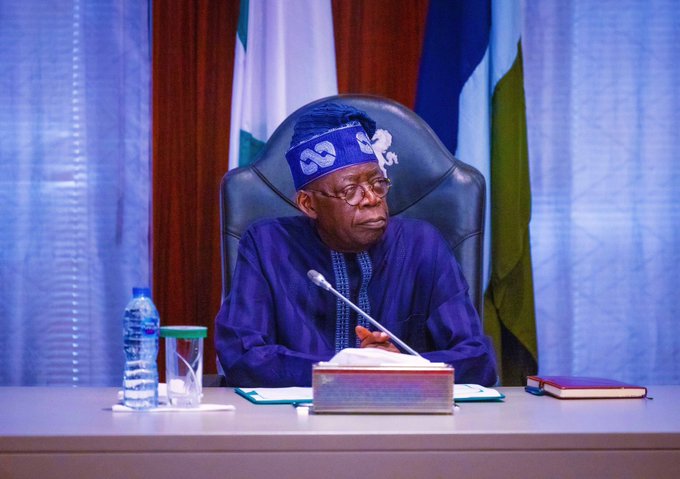
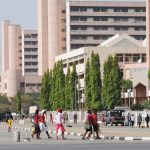
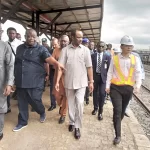
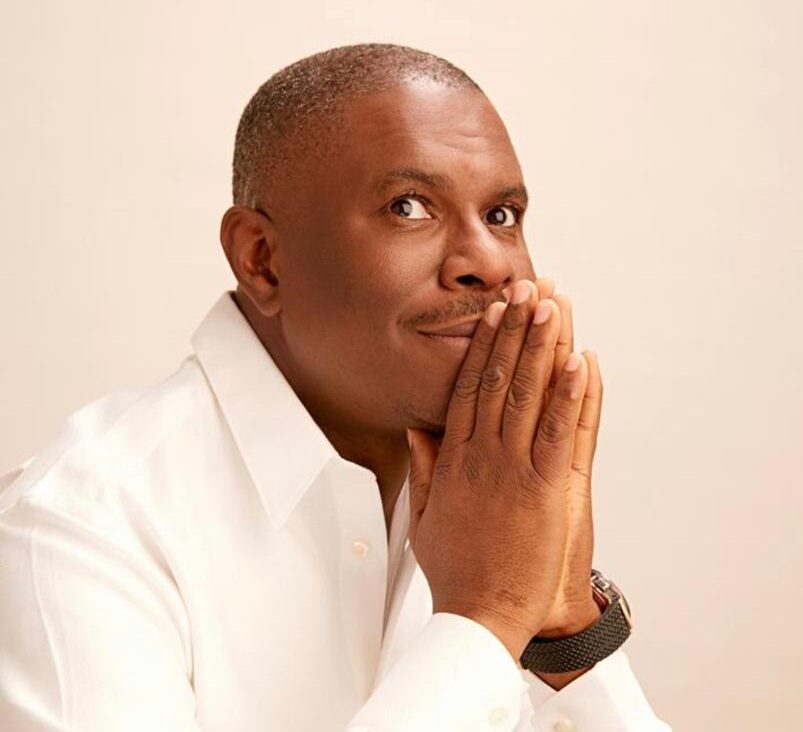

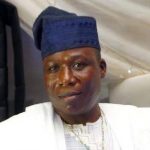
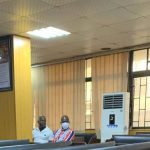




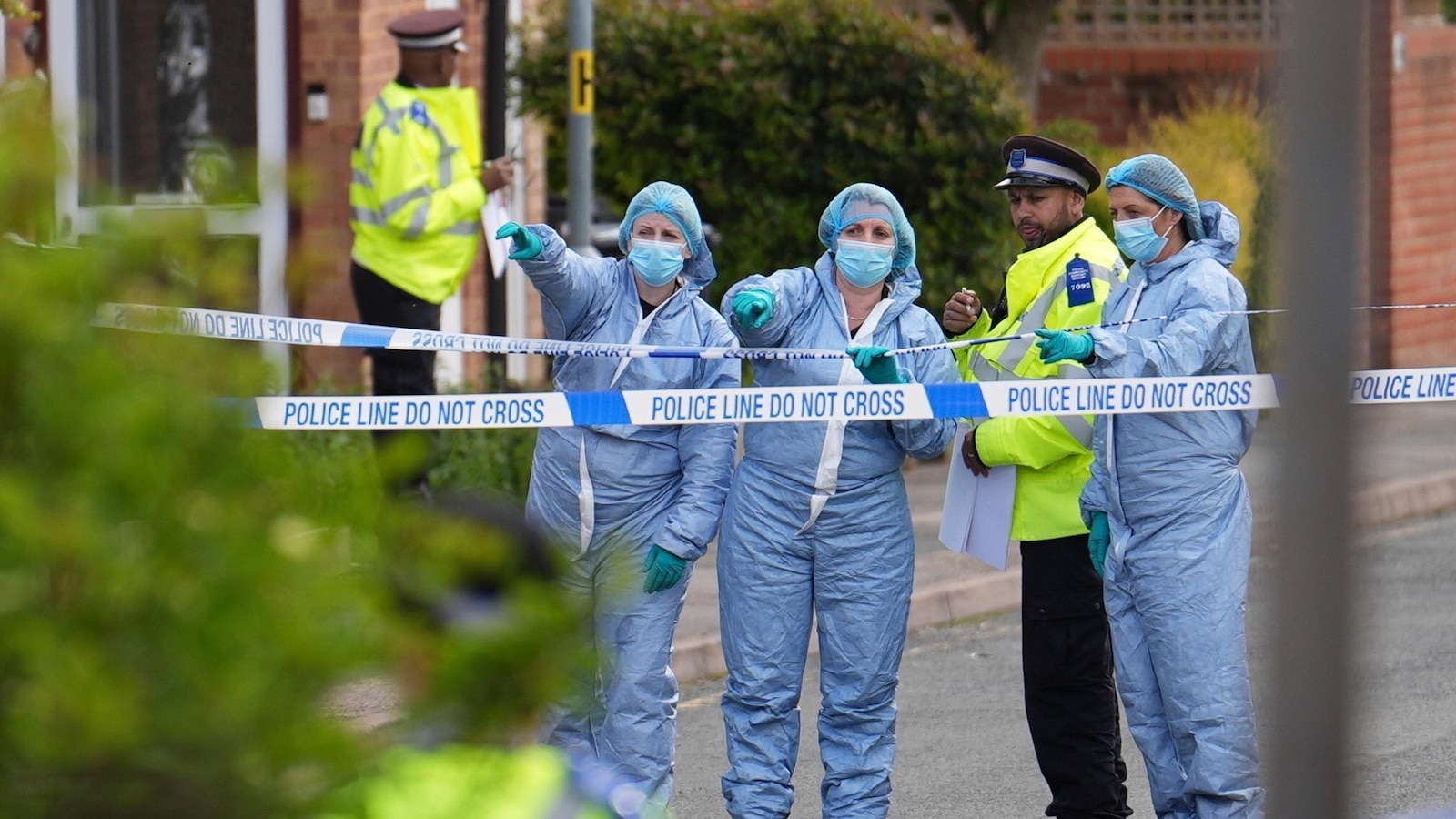

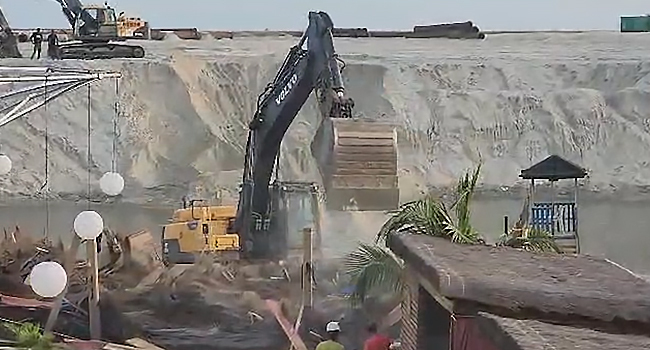

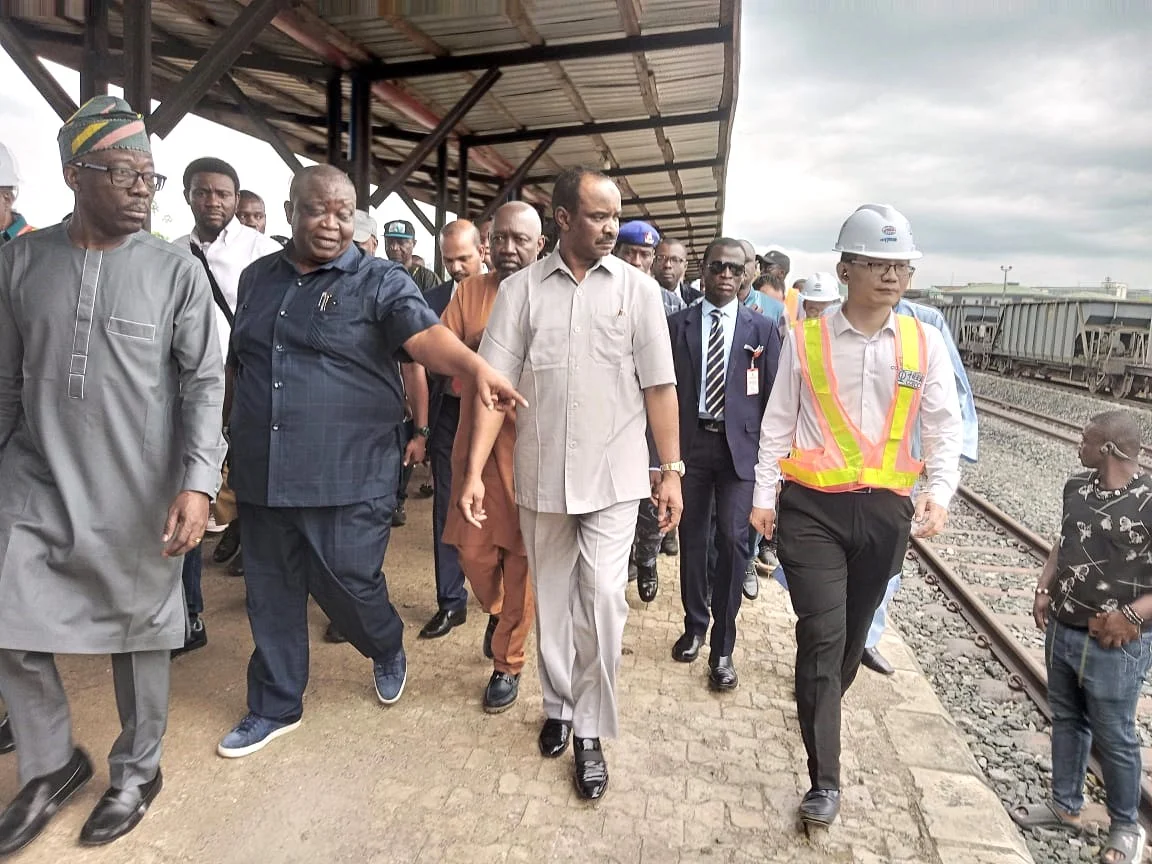
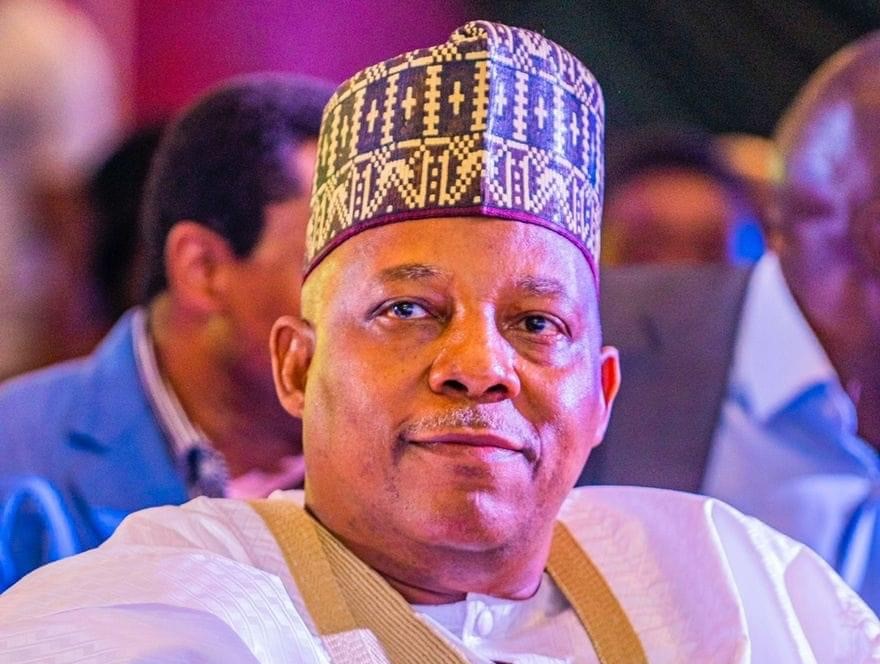
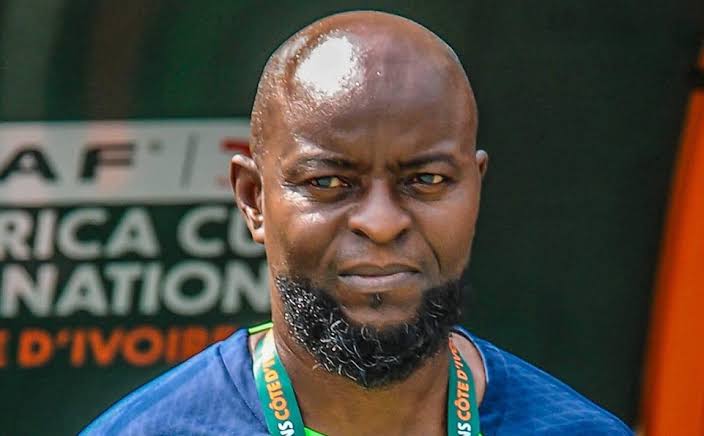
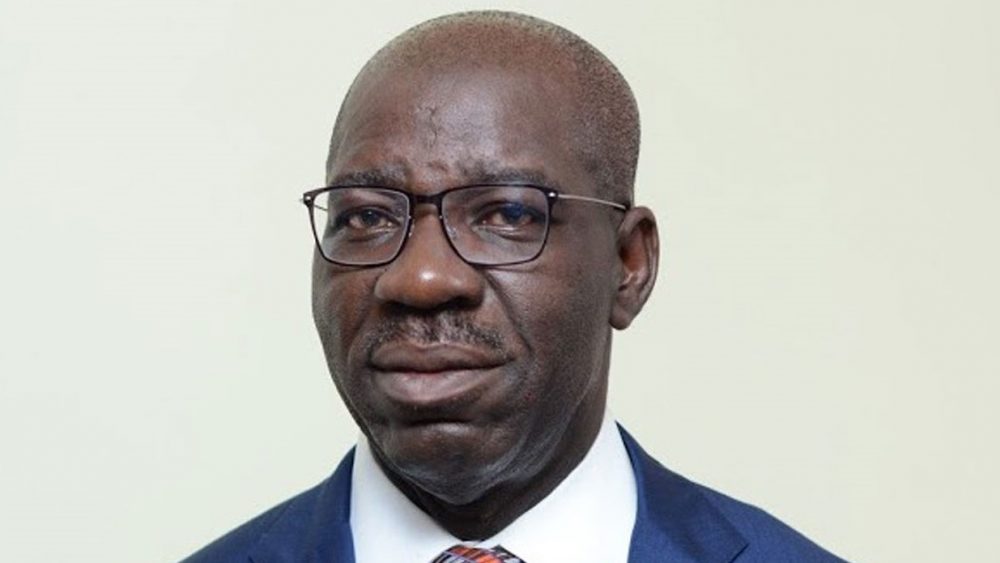
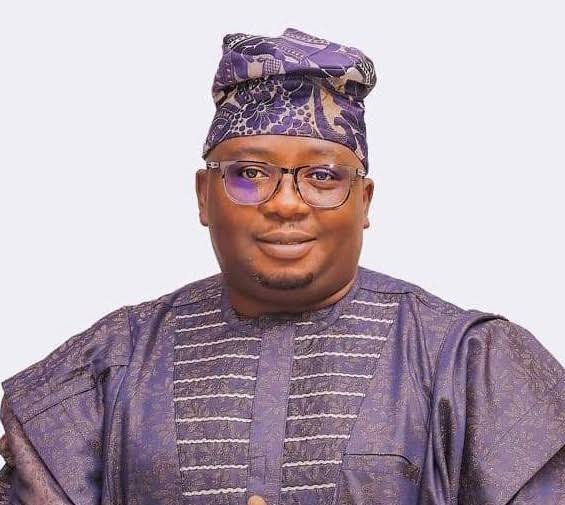
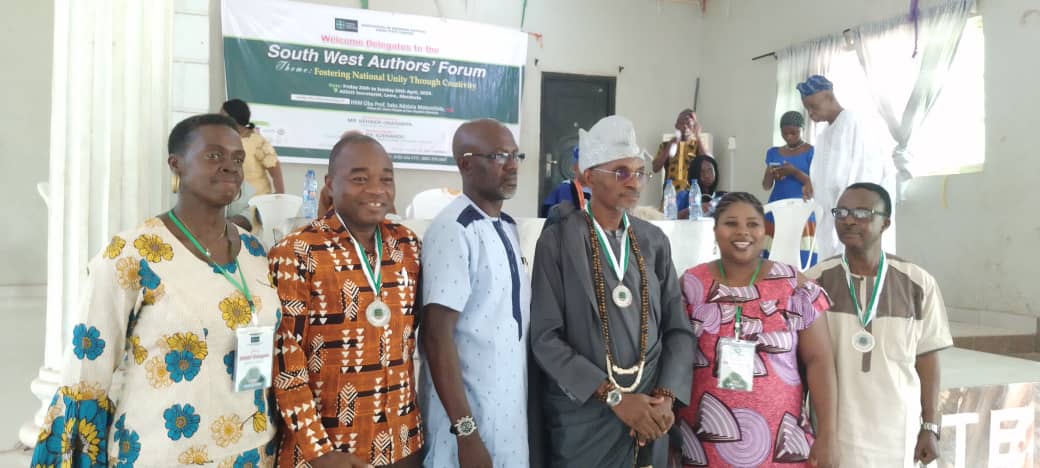
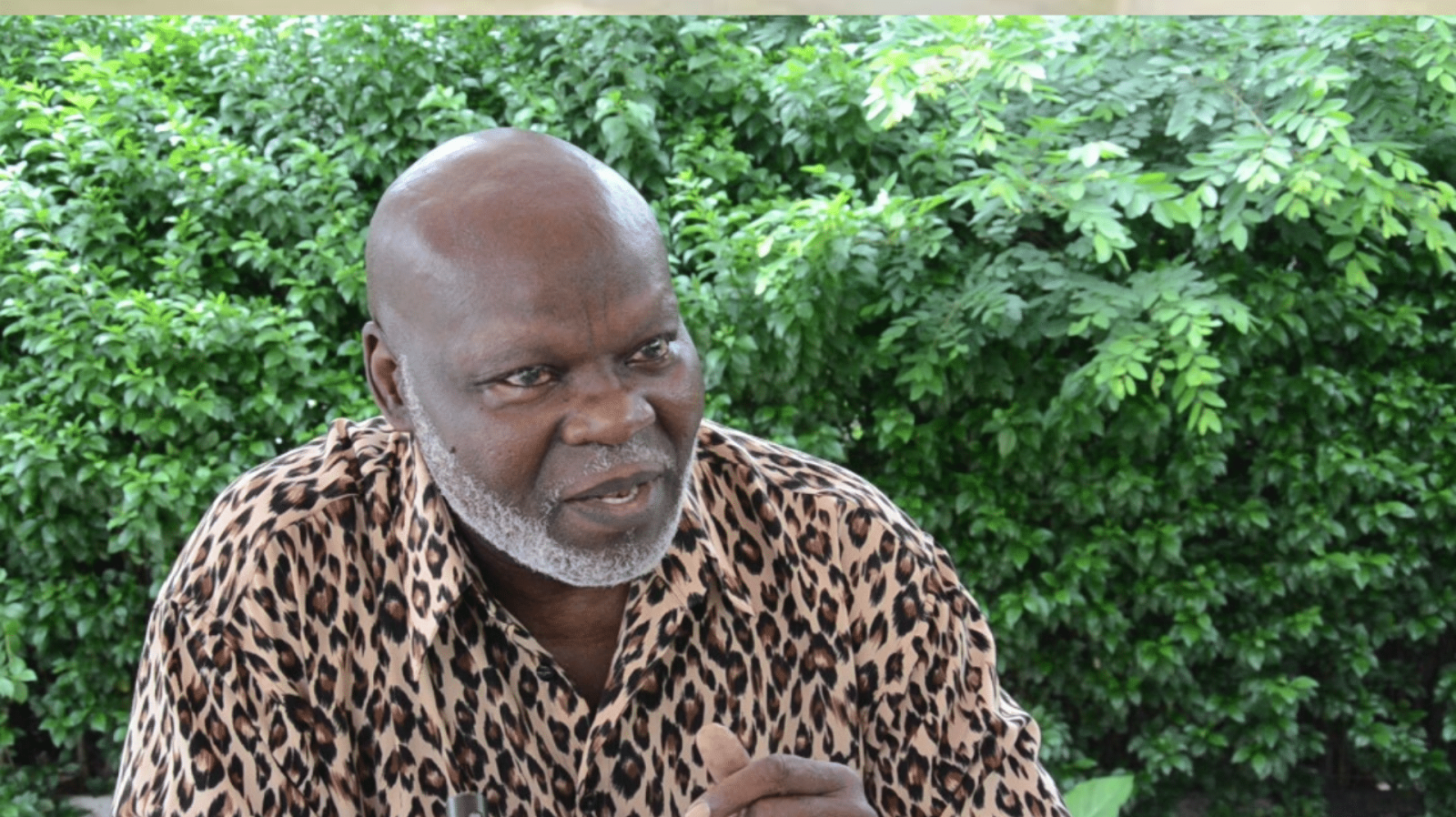
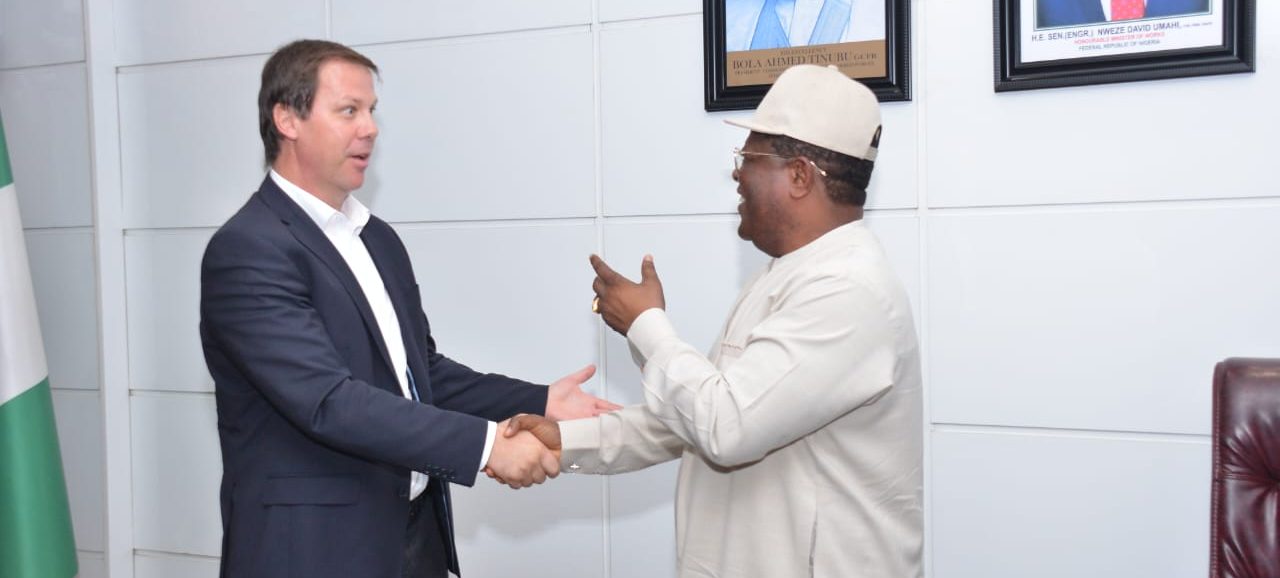
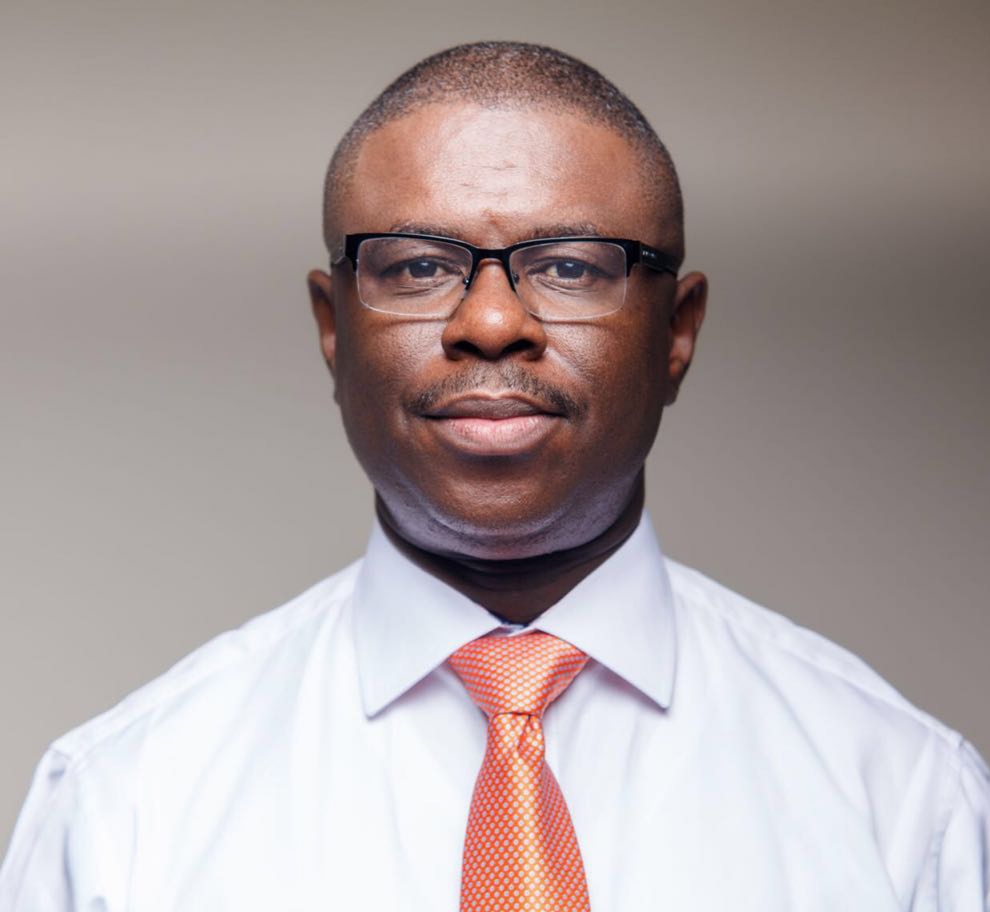



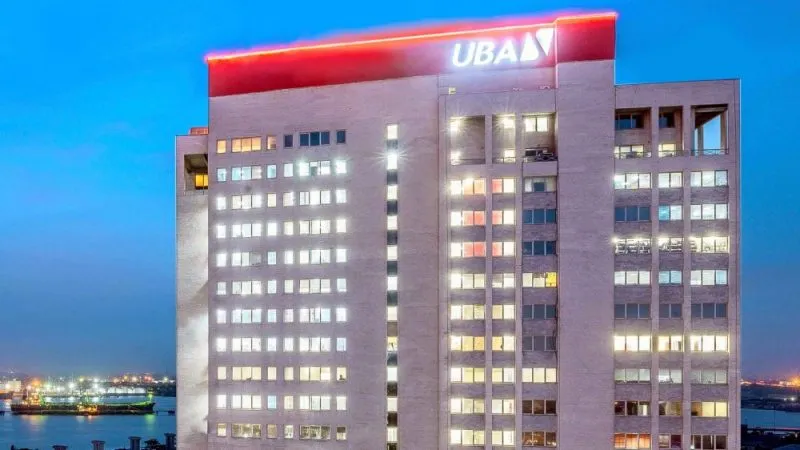
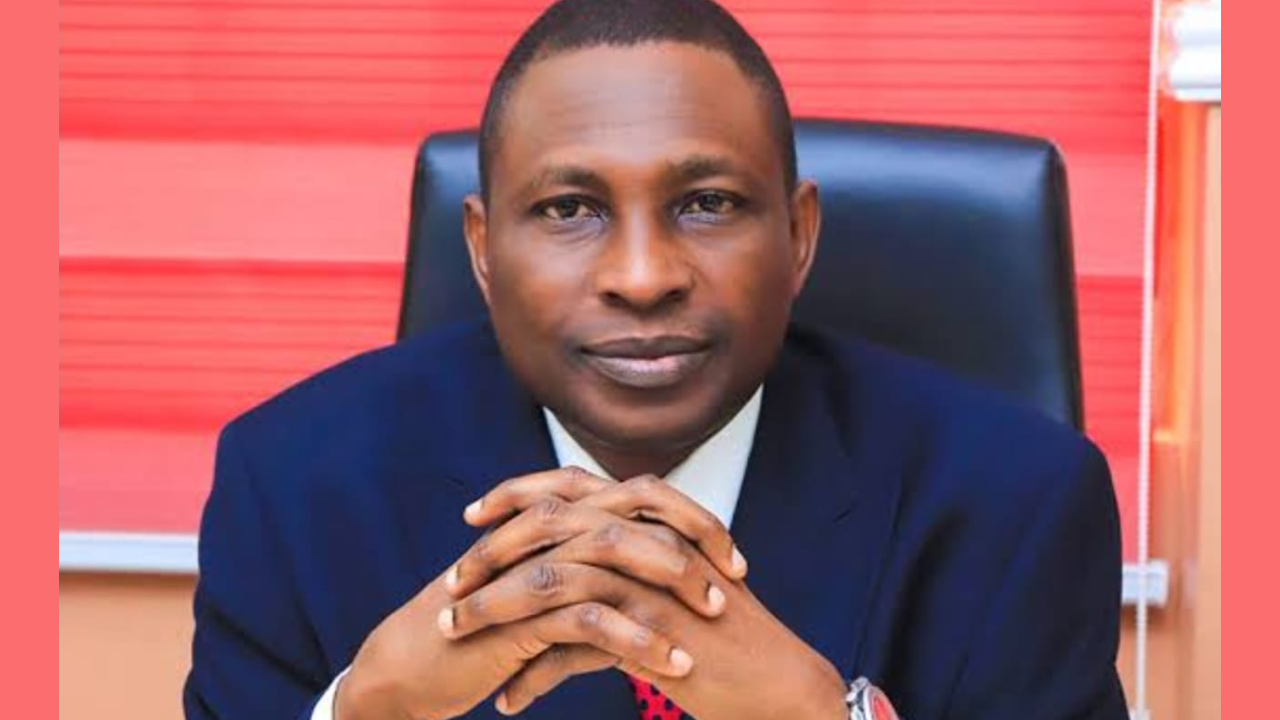

Leave a comment